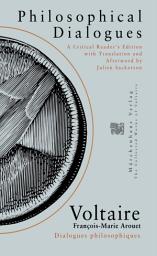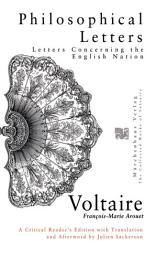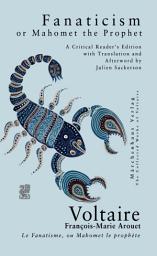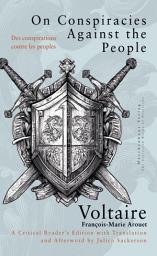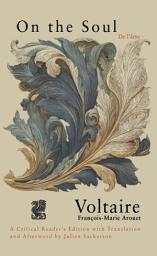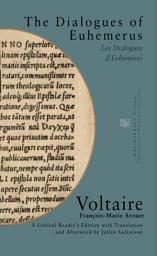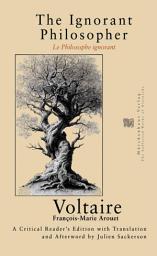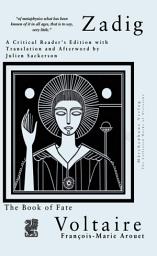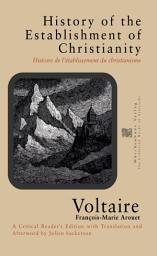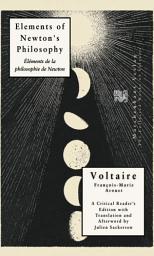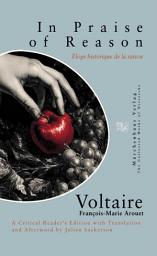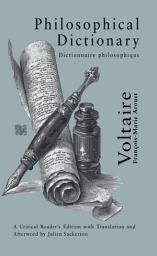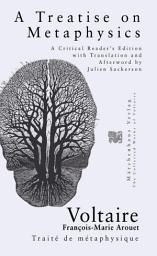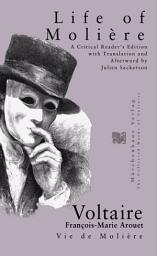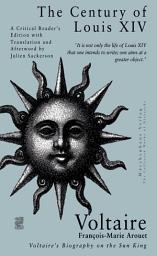The Collected Works of Voltaire
About this ebook series
Voltaire’s Treatise on Tolerance (Traité sur la tolérance, 1763) is a passionate plea for religious tolerance framed around a notorious legal case. The work was prompted by the execution of Jean Calas, a Protestant merchant in Toulouse, who in 1762 had been tortured and hanged on flimsy evidence of killing his own son to prevent a conversion to Catholicism. Calas steadfastly maintained his innocence and there was no credible proof of guilt. The injustice of his condemnation – driven by popular prejudice and zealous magistrates – outraged Voltaire, and he embarked on a campaign to clear Calas’s name. In the Treatise on Tolerance, Voltaire uses the Calas affair as a focal point to denounce fanaticism. He addresses an imagined Christian reader and asks rhetorically how one could condemn millions of non-Catholics to damnation without giving any fellowship or dialogue with them. He also famously imagines the Day of Judgment in which saints and pagan sages alike face divine justice, forcing readers to confront the inconsistency of religious hatred. The writing thus oscillates between legal argument and moral exhortation. It rails against the superstitions and excesses of the Catholic Church (including the Jesuits, whom Voltaire blamed for the Calas conviction) and famously urges tolerance among different faiths. The Treatise does not unfold as a narrative but as a philosophical and moral argument layered with indignation, theological reasoning, and appeals to justice. Its tone is urgent and reasonable; Voltaire wanted it to serve both as advocacy for Calas and as a universal statement of conscience for Europe.
This modern Critical Reader’s Edition includes an illuminating afterword tracing Voltaire’s intellectual relationships with Enlightenment thinkers and philosophers (including Locke, Diderot, Rousseau and Newton), containing unique research into his influences and economic attachments, a comprehensive timeline of his life and works, a glossary of Enlightenment terminology, and a detailed index of all of Voltaire’s writings. This unique professional translation renders Voltaire’s sharp, satirical prose into modern language to preserve the original clarity and movement of the text. Combined with the scholarly amplifying material, this edition is a groundbreaking exploration of Voltaire’s classic works and his enduring artistic and philosophical influence, and influence on modern Protestant-Atheistic Theology.
Voltaire finished the Treatise on Tolerance by early 1763, and it was printed that April by the Cramer brothers in Geneva. He chose Geneva (then a semi-independent republic with more press freedom) deliberately, to bypass French censorship. A planned first run (reportedly three thousand copies) was sent to influential correspondents — including Madame de Pompadour, ministers of Louis XV, Frederick the Great and others — before public distribution began in October 1763. Within months, however, French authorities banned the book, fearful of its seditious implications. Despite official suppression, Treatise on Tolerance spread widely and soon became a bestseller across Europe. Its publication also had direct consequences: the campaign it fueled (along with Voltaire’s legal petitions) contributed to a retrial in 1765 in which Calas was posthumously exonerated and his family compensated. Thus, the Treatise is intimately bound to its historical moment – the counter-Enlightenment violence of mid-18th-century France – and it represents one of Voltaire’s most concrete interventions in an actual social injustice.

